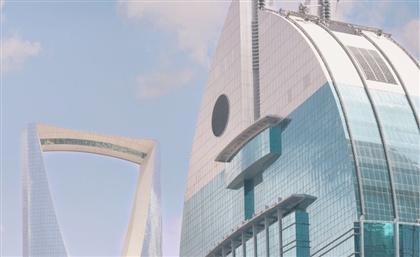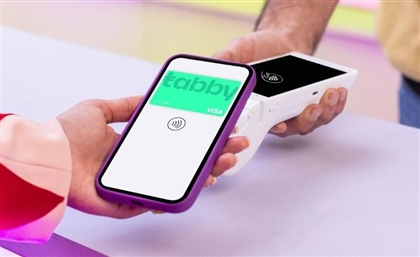Takadao: The Saudi Fintech Reimagining Insurance on the Blockchain
The startup uses the blockchain to build community-owned financial services that are Shariah-compliant and accessible worldwide.
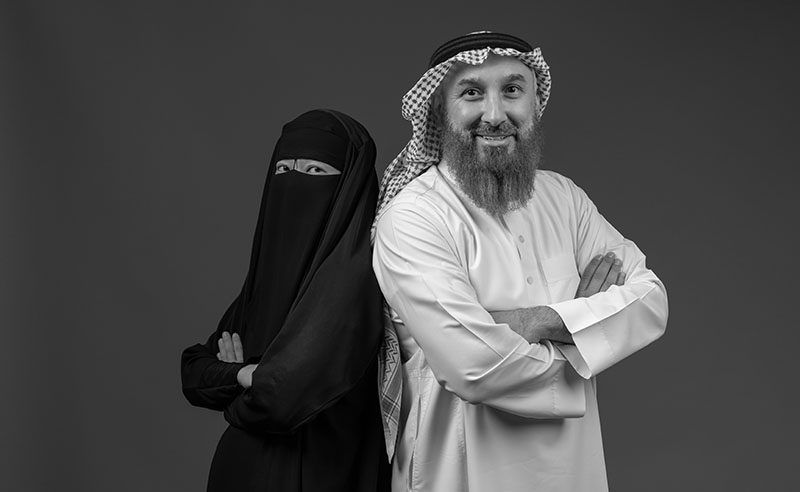
Saudi-based fintech startup Takadao is on a mission to provide an alternative to traditional insurance and financial services. Founded in Singapore by married couple Sharene Lee and Morrad Irsane in 2022, the startup uses the blockchain to build community-owned financial services that are Shariah-compliant and accessible to people across the globe, even in countries where populations are largely unbanked.
No stranger to the startup world, serial entrepreneurs Lee and Irsane first came up with the idea of Takadao soon after exiting their UAE-based startup Melltoo, a classified platform for second-hand items, which was acquired by logistics platform Cartlow. Looking for their next venture, the couple thought of developing an alternative product to conventional insurance when a friend of theirs suddenly died, leaving his wife and children behind.
“When her husband passed away, she was left alone with the children, and the community came together to support her,” Morrad Irsane, CEO of Takadao, tells StartupScene. “We wanted to do something that keeps on producing even after we’re gone. It’s the notion of leaving somebody behind without having left anything behind. It’s the notion of being proactive instead of reacting after something happens.”
Today, the startup has two flagship products: Takaturn, commonly known as Jamaiyah in the Middle East, which is based on the concept of ROSCA (Rotating Savings and Credit Associations), and Takasure, a cooperative life insurance product based on the Takaful model. Takasure is expected to launch in June 2024.
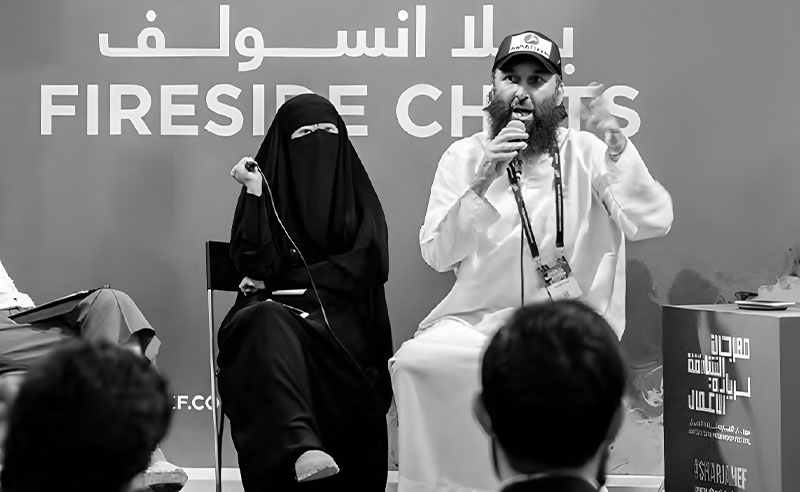
HOW IT WORKS
Takasure works by using a decentralised autonomous organisation (DAO) technology and the blockchain to create community-owned insurance. What this means is that members can vote on initiatives, make decisions, and have ownership of the entity. Unlike most insurance companies, the insured are the ones who own the company, not the shareholders.
“If you look particularly at insurance companies, it’s a huge problem because the way they make money is by making you pay your premiums, and not having claims,” says Sharene Lee, Co-Founder of Takadao. “The more claims you have, the less money they make. So, you have a misalignment of interests. Now, how do you get rid of this misalignment and build a more fair and transparent insurance company? You make the shareholders and the insured the same people. The only way you can do this in a way that builds trust among the community, and in a way that allows maximum participation from everywhere in the world, is by using the blockchain.”
In this set up, people can contribute to the fund, make claims, and also be able to get returns on their money. The returns will vary depending on one’s health risk assessment. “There is a multiplier effect, and that is kind of the point of insurance. You alone cannot bear all the costs, so the group helps out. So, you will get more than what you put in,” says Lee.

BATTLING MISCONCEPTIONS
While blockchain has grown in popularity the last few years, it has also suffered from significant backlash, mostly related to security concerns. There have been instances of security breaches and hacking attacks on blockchain networks, sometimes resulting in money losses and damage to the integrity of the network. Some companies are addressing this by improving their security efforts to prevent similar attacks from happening in the future.
Irsane, however, believes that the blockchain is the superior option regardless. “With concerns regarding security, it’s actually the most secure technology that exists now,” he says. “The reason why blockchain hacks are disproportionately covered in the press is because it’s public knowledge. It is publicly accessible, so if there is a hack, everybody will know about it.”
Despite these concerns, Takadao states that it has a community of over 10,000 members and is growing by 5% week-on-week.
To continue growing its platform and attracting more users, the startup recently launched Takaturn, known as Jamaiyah in Arabic. “The Jamaiyah product is a way for us to have customer acquisition,” Irsane says. “We wanted to build a product quickly that can satisfy our users and later on they can use our insurance product, and we can start communicating to our community.”

FILLING A MARKET NEED
As Islamic finance continues to attract the attention of inventors worldwise, Takadao appears to be filling a global market need.
According to S&P Global Ratings, it anticipates around 10% growth in the global Islamic finance industry from 2023 to 2024, after experiencing similar growth in 2022.
To that end, Takadao recently raised $1.6 million in a pre-Seed round led by legendary investor Tim Draper from Silicon Valley, along with BIM, Core Vision Ventures, and Prince Sultan bin Fahad bin Salman Al Saud. This marks the first investment for Tim Draper in a Saudi-based startup.
“For us, having team Draper was like the best thing that ever happened to us, because you needed real investors who understand and support you,” says Irsane. “The cash is not as important. Even the local investments we received, they are all big believers in what we are doing, and they understand the Web3 space. Having visionaries like Tim Draper certainly opens up a lot of doors for us.”
With the global economic outlook appearing grim because of tightening monetary policy, inflation, geopolitical tensions, and the fallout from the Covid-19 pandemic, Sharene expects to see more interest in alternative financial solutions. “If we look at what is happening in the world today such as inflation and currency devaluations, people are starting to look for alternatives,” she says.
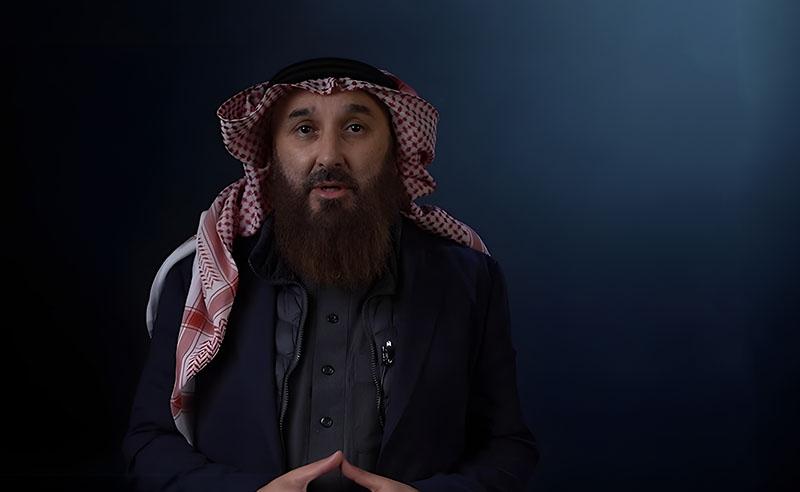
While some popular alternatives include investing in foreign currency, gold, and real estate, the blockchain also seems to be emerging as a strong option. “I think in the next couple of years, we will see quite heavy adoption from just the regular person,” Sharene says. “And this will be coupled with institutional and government adoption. Today, what we have is the inflationary system, where every 10 years you have a boom and a bust where lots of people suffer. And it doesn’t have to be this way.”



